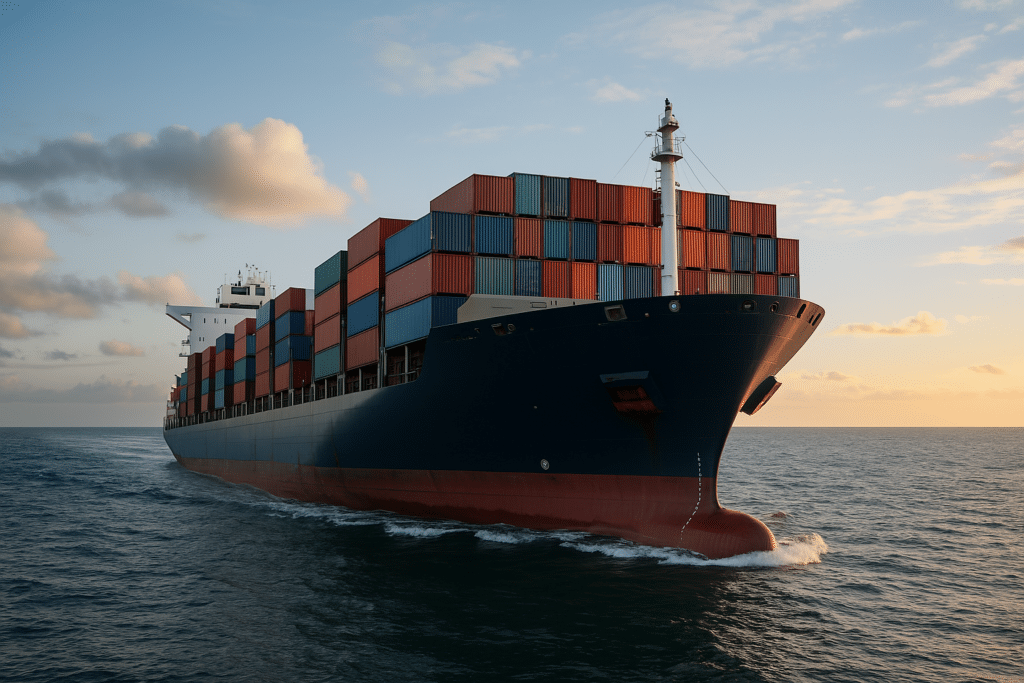Maritime transport is a vital component of global trade, but hidden costs can significantly impact shipping budgets. Many shippers face unexpected charges such as demurrage fees, detention fees, bunker surcharges, and port handling costs.
Understanding and mitigating these hidden costs is essential for optimizing supply chain expenses and ensuring profitable shipping operations.
In this article, we explore the most common hidden costs in maritime transport and effective strategies to avoid them.
1. Demurrage and Detention Fees: How to Minimize Storage Costs
Demurrage fees occur when a container remains at the port longer than the free storage period, while detention fees are charged when the container is not returned to the shipping line on time.
How to Avoid These Fees:
- Plan for efficient cargo pickup and delivery to reduce port storage time.
- Work with reliable logistics partners who ensure timely clearance and transportation.
- Negotiate extended free time with shipping carriers when possible.
📌 Learn more about optimizing port operations here.
2. Bunker Surcharges: Managing Fuel Costs
Bunker surcharges fluctuate based on global oil prices and are added to freight rates to cover fuel expenses.
Strategies to Reduce Bunker Costs:
- Use fuel-efficient vessels and optimize speed (slow steaming) to reduce fuel consumption.
- Leverage long-term contracts with shipping companies to lock in stable rates.
- Monitor fuel price trends and adjust shipping schedules accordingly.
3. Terminal Handling Charges (THC): Understanding Port Fees
Ports charge terminal handling fees for loading and unloading containers, which vary by location and operator.
Ways to Minimize Terminal Handling Costs:
- Compare different ports and choose cost-effective terminals when possible.
- Consolidate shipments to reduce handling frequency.
- Work with freight forwarders who negotiate bulk rates with terminals.
📌 Check out strategies for improving bulk logistics efficiency here.
4. Customs and Documentation Charges: Avoiding Delays and Penalties
Incomplete or incorrect documentation can lead to customs penalties and clearance delays, adding significant costs.
How to Avoid Documentation Issues:
- Ensure all shipping documents are accurate and comply with customs regulations.
- Work with customs brokers to streamline the clearance process.
- Implement digital documentation systems to minimize errors and speed up processing.
5. Currency Fluctuations and Payment Terms
Freight charges, port fees, and surcharges are often denominated in foreign currencies, which can create unexpected cost fluctuations.
How to Manage Currency Risks:
- Use hedging strategies or forward contracts to stabilize currency exchange rates.
- Negotiate fixed-rate agreements in preferred currencies.
- Monitor exchange rate trends and plan payments accordingly.
Conclusion
Hidden costs in maritime transport can erode profit margins if not managed properly. By understanding potential fees, optimizing logistics, and negotiating better terms, shippers can significantly reduce unexpected expenses.
📌 Need expert guidance on maritime logistics and cost management? Contact us here.
We hope these insights help you optimize your shipping operations and reduce hidden costs!


